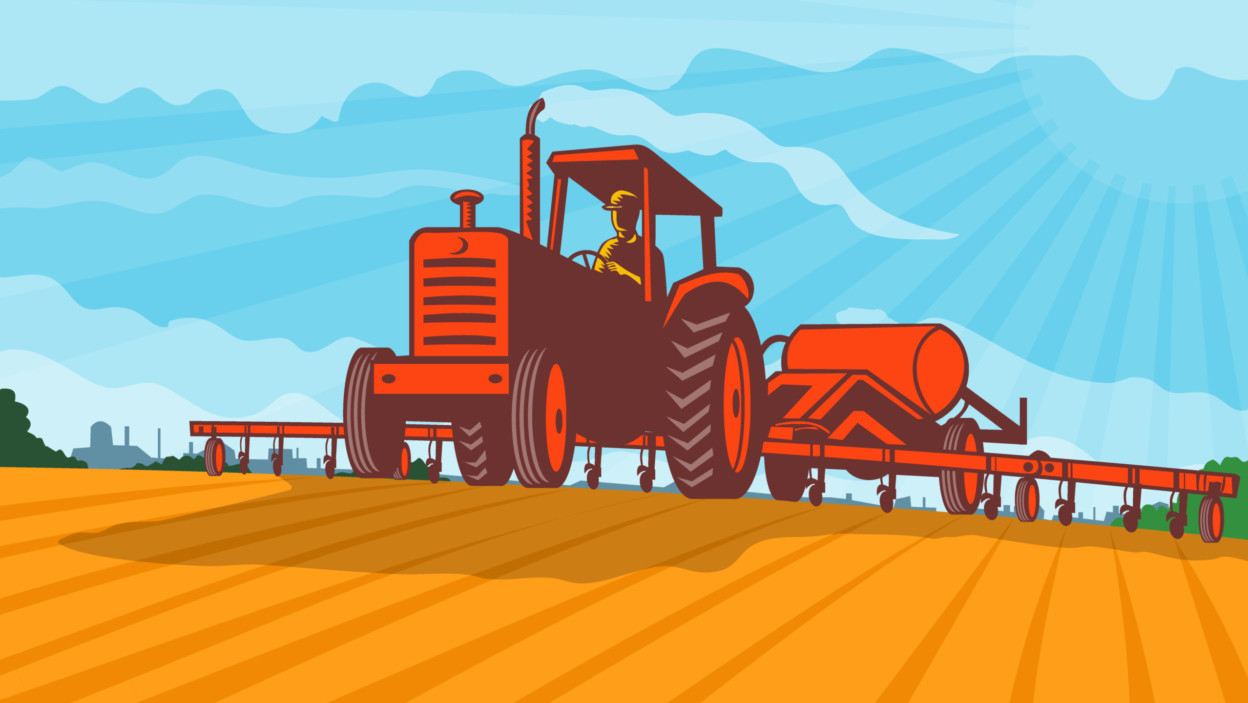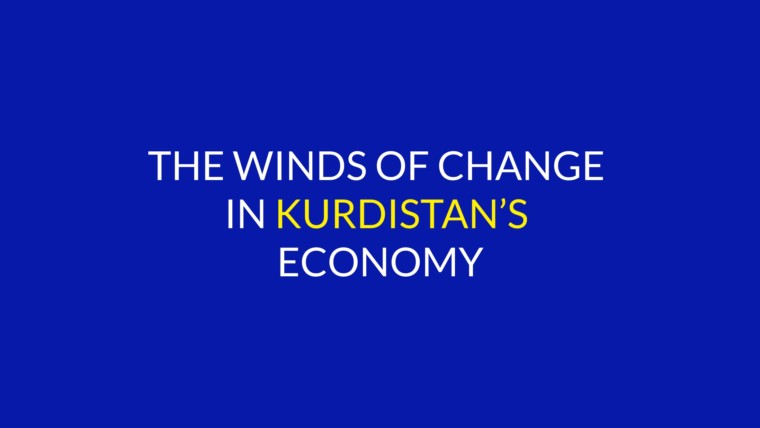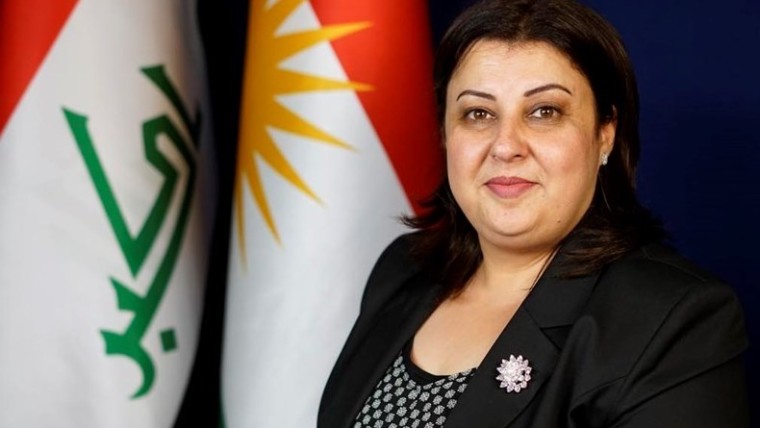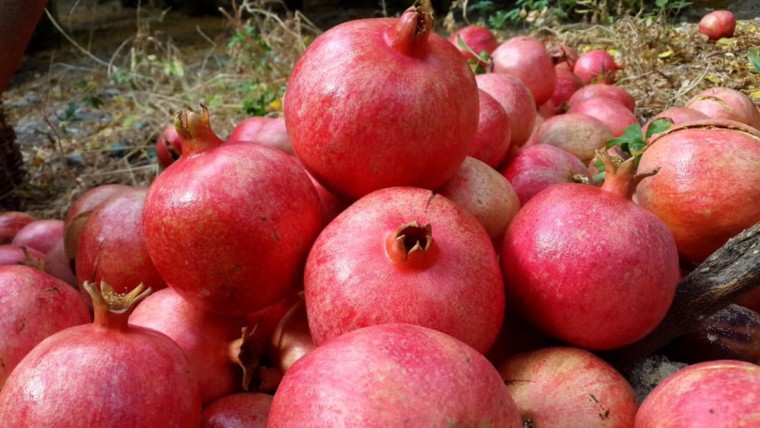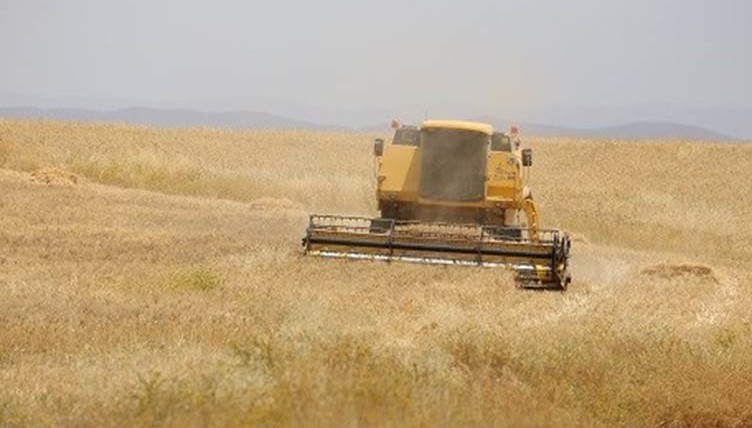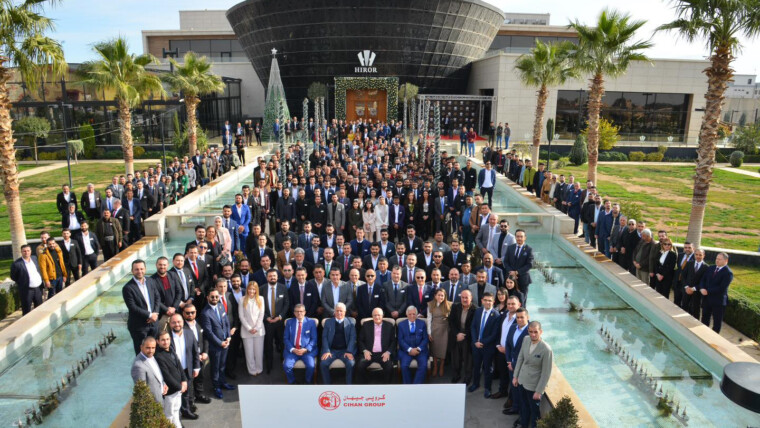The unique topography of the Kurdistan Region of Iraq makes it ideally suited to the development of a robust agricultural industry.
Since Kurdistan’s economy is primarily driven by the oil industry, the agriculture sector has been largely separated from the wider economy. However, there is a growing consensus in the KRG that it is time for a new approach to invest in the fertile land with which the Kurdistan Region of Iraq (KRI) is blessed. Therefore, the Kurdish government aims to put agriculture once more at the top of the economic agenda.
01. The Potential
Kurdistan sits on some of the most fertile soil in the Middle East. Its relatively varied climate allows for a wide range of crops to be cultivated, many of which are in great demand regionally. During the 1960s and 1970s, Kurdistan’s diverse and export-orientated agricultural sector was renowned across the region. However, continued instability, conflicts, and lack of investment have negatively impacted the sector and reduced its appeal to potential investors. If Kurdistan once again makes the industry a priority, it will surely benefit from regaining its status as an agricultural powerhouse.
02. Food Security
Despite the fact that it has the potential to become self-sufficient in food production, Kurdistan’s food industry is overly reliant on imports. The KRI’s growing population saw food demand grow by 20% between 2007 and 2017, and growth is forecast to reach 6% per year in the next five years. Therefore, the KRG aims to make agriculture a priority once more, ensuring greater food security for the KRI.
03. Employment
In light of its huge potential, the KRG is keen to build strong agricultural infrastructure to make the sector a significant source of employment and contributor to the Kurdish Region of Iraq’s (KRI’s) non-oil economy. It is estimated that agriculture provides direct employment to around 6% of the population. If the KRG provides the necessary support and funding, agriculture has the potential to provide around 10% of its employment.
The world’s first agricultural community was formed around BC 10,000 in what is today the Chamchamal area in Slemani Province.
04. Investment Projects
The Kurdistan Board of Investment statistics indicate that 30 agricultural investment projects worth over $834 million have been undertaken in the KRI from 2006 to 2019. Agriculture projects in the Erbil Governorate has received the largest amount of allocated land compared to Slemani and Duhok. However, in terms of investment capital by governorate, Duhok leads the way, having increased its share to around 60% of all local agriculture investment. The government announced the construction of the Food Industrial Zone in Duhok in July 2020. The zone is expected to host over 250 food processing facilities. The Kurdistan Investment Board and Ministry of Agriculture have also announced that they have been working on over 100 agricultural projects to boost the sector across the KRI.
05. Production
Kurdistan’s harvest is dominated by wheat, barley, potatoes, and tomatoes. Wheat and barley combined constitute a significant percentage of all agricultural production. Potato production increased by 153% over the previous decade. Vegetable cultivation increased by 93%, coming within reach of meeting domestic demand.
Wheat: Wheat remains one of the biggest crops in the KRI. The area of land used for wheat cultivation has increased by 80% in the last decade, and the KRI’s wheat production now stands around 1 million tones. The KRG has prioritized the construction of new wheat silos, which will increase storage capacity from 385,000 tons to 1 million tons.
Pomegranates: Pomegranates constitute one of the most commercially important fruit crops of the KRI. Halabja is particularly known for its high-quality pomegranates. Pomegranate production has increased rapidly in the last decade. Kurdistan’s total pomegranate production has increased to 29,338 tons in 2018, from 9,708 tons in 2008.
Eggs: The Kurdistan Region of Iraq’s total egg production has increased to 1.3 billion in 2018, from 247 million in 2012.

